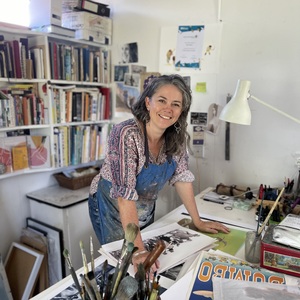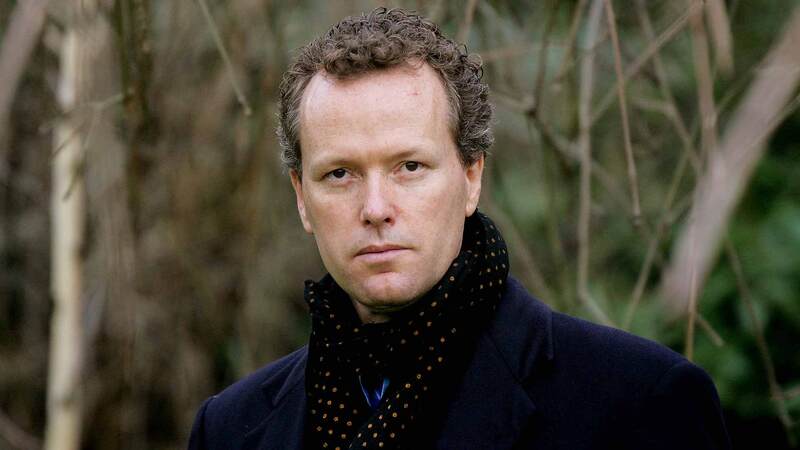You are viewing your 1 free article this month. Login to read more articles.
We must stand up for art
This year’s Klaus Flugge Prize winner calls on the industry to campaign for creatives nationwide.
My mantra to myself is that art matters. I need this mantra because the feedback I get from society is that this is not the case, and we can do without it.
It grieves me to read the latest report from the Campaign for the Arts revealing the lack of government funding, a decline in art education and a scaling back of cultural events across the UK, to name but a few ways in which support for and enjoyment of the arts has fallen drastically.
Sadly, the impact of this is most acutely felt in our education system, where our children have seen a decline in art teachers, fewer opportunities for artistic pursuits during teaching hours and a depressing 47% decline in art subjects taken at GCSE since 2010. There is a structural funding crisis in higher education for creative subjects, theatre closures across the country and a steep decline in arts funding, with local government funding having almost halved since 2010. This all means that the UK now has one of the lowest levels of government spending on the arts sector of all the European nations.
As someone who has always worked in creative industries, I feel very strongly that creatives often have the answer to quite complex questions and that art really can change the world.
As an author and illustrator, I want to make books that mean something and tell important and inspiring stories encouraging the reader to question the status quo. My first book, The Fossil Hunter, tells the tale of Mary Anning, a 19th-century woman who made some of the most important discoveries of prehistoric marine reptiles of her time. Her ability to visualise and imagine a whole other world of possibility is a great example of the importance of creative thinking. When I speak in schools about Mary Anning, I talk a lot about her bravery to think differently, and what her brilliant imagination allowed her to discover. Children have imagination in abundance, and we need to help that grow, not hinder it.
As a lecturer in illustration, my great privilege is that I get to nurture my students and remind them of their opportunity to be the reporters of their time and—above all—teach them how valuable and important that skill and opportunity is. They can decide what they make work about, what stories matter to them and how they can present these ideas to the world.
We need to put pressure on the government to take art subjects seriously again and put them back on the curriculum, signalling their importance to the UK and society as a whole.
You only have to look around to see that creative subjects are at the root of every aspect of our lives; the clothes we wear, the buildings we inhabit, the films we watch, the dance classes we attend and the books we share with our children. But it is more than that; it is also the stuff we cannot see. Art is the driving force behind ideas and the constant pushing of boundaries. It is a way to care for ourselves and others, a way to engage with new ideas and experience a world view we might not have experienced before. It can be essential to our health and wellbeing to take part in creative activities, or to enjoy getting to witness them. And it can make all the difference for a child to understand their worth when they see their life reflected back in a character in a book, a painting or a show.
We as a society need to recognise the importance of art and creative subjects. We need to remind our young creatives that there is world of opportunity available to them in design, production, film, fashion, communication, editorial, engineering, anthropology, teaching, writing, music, theatre—the list is endless. We need to identify and be transparent about pay gaps in our own industry of publishing; find ways to support the arts through paid internships, training programmes and college bursaries so that we can encourage diversity and equal opportunities in creative industries. Most importantly, we need to put pressure on the government to take art subjects seriously again and put them back on the curriculum, signalling their importance to the UK and society as a whole.
The Campaign for the Arts are urging the government to deliver a Culture Recovery Fund. Let’s all get involved and ask ourselves: what can we do to support and nurture this recovery?
We need to keep reminding the world that art matters: through education and through opening the door to culture in our lives. We need to remind each artist we encounter to believe in themselves and know their worth. And we need to put our money where our mouth is and appreciate the artists in our midst by recognising their worth with proper wages and funding. We need to remember that art matters—and shout it as loud as we can.




















